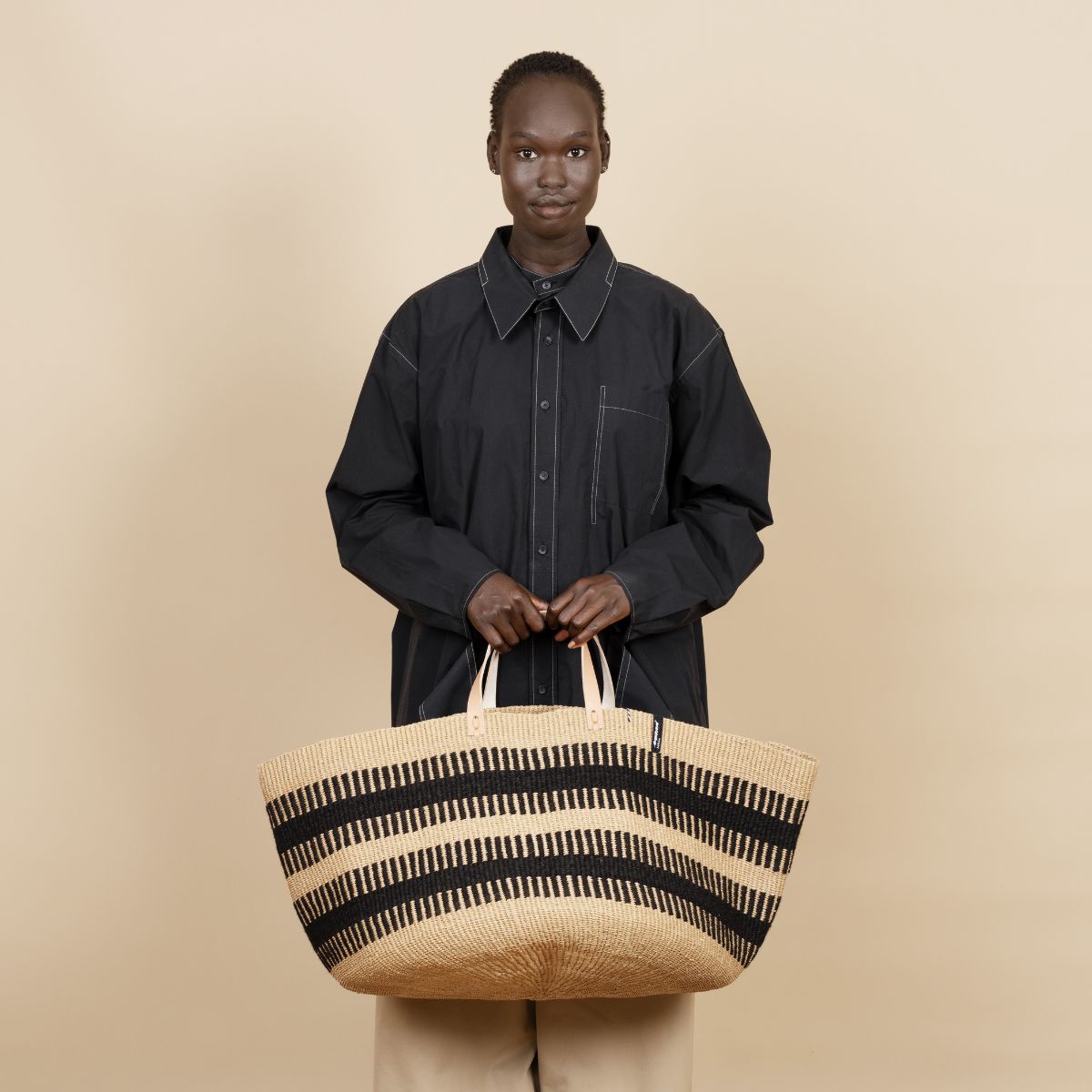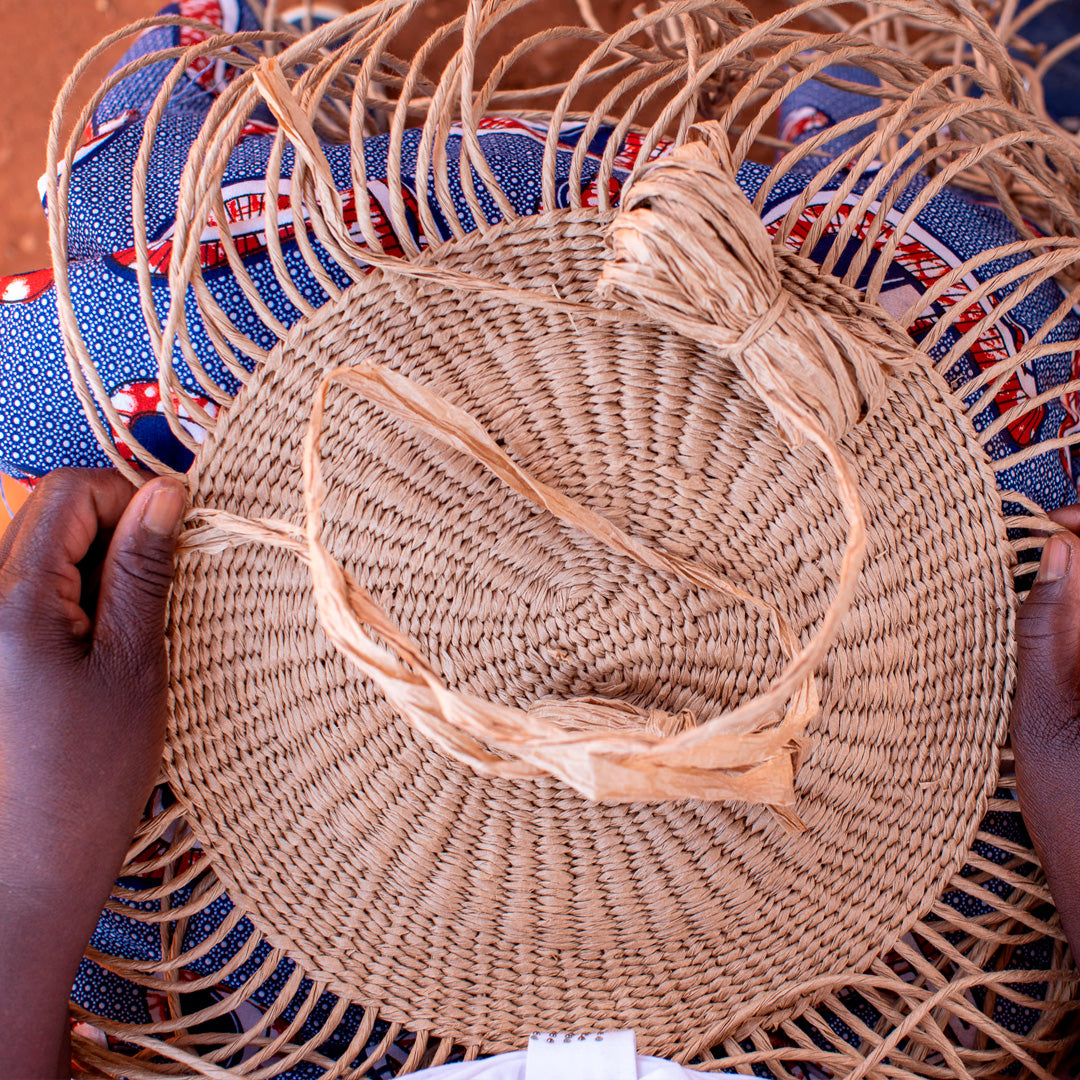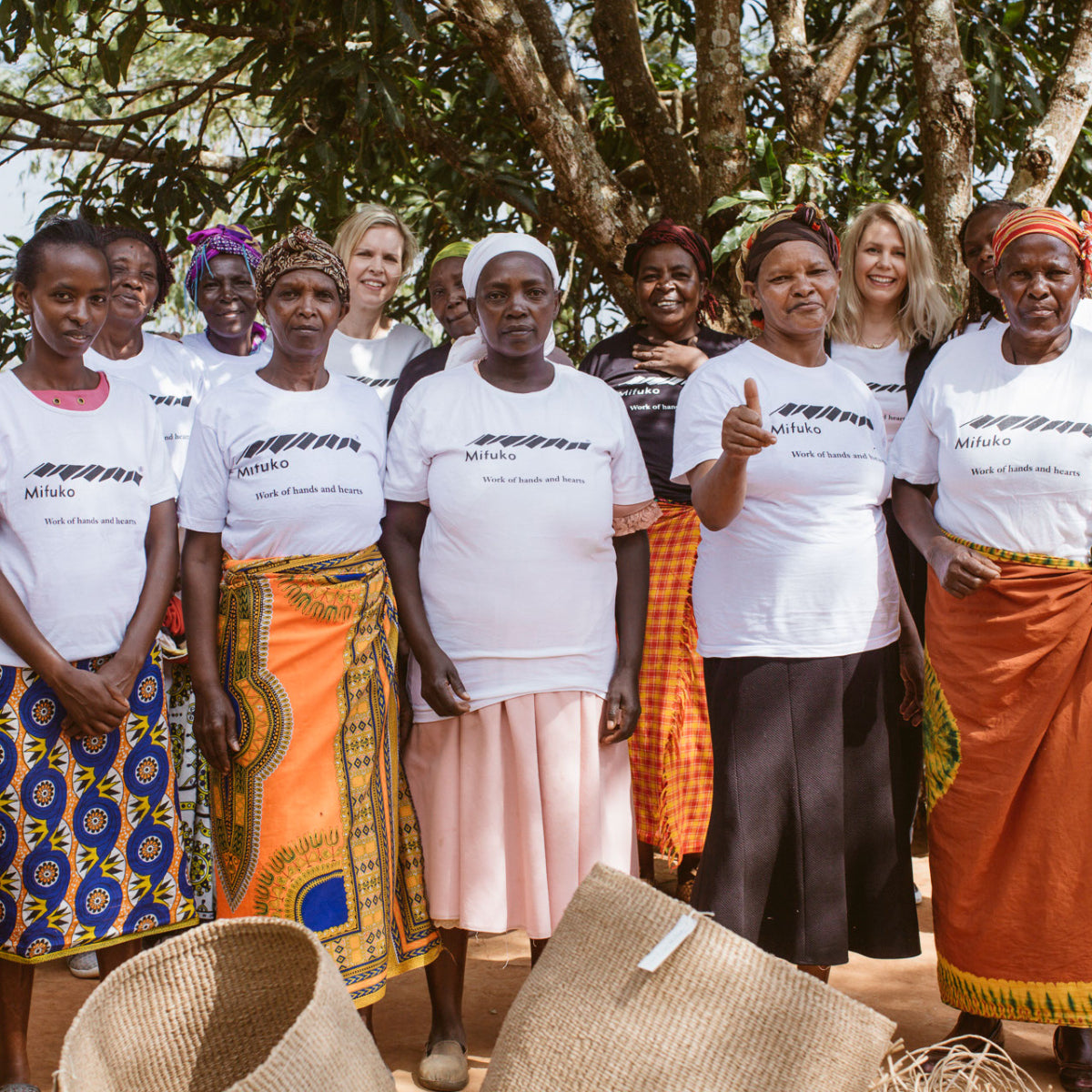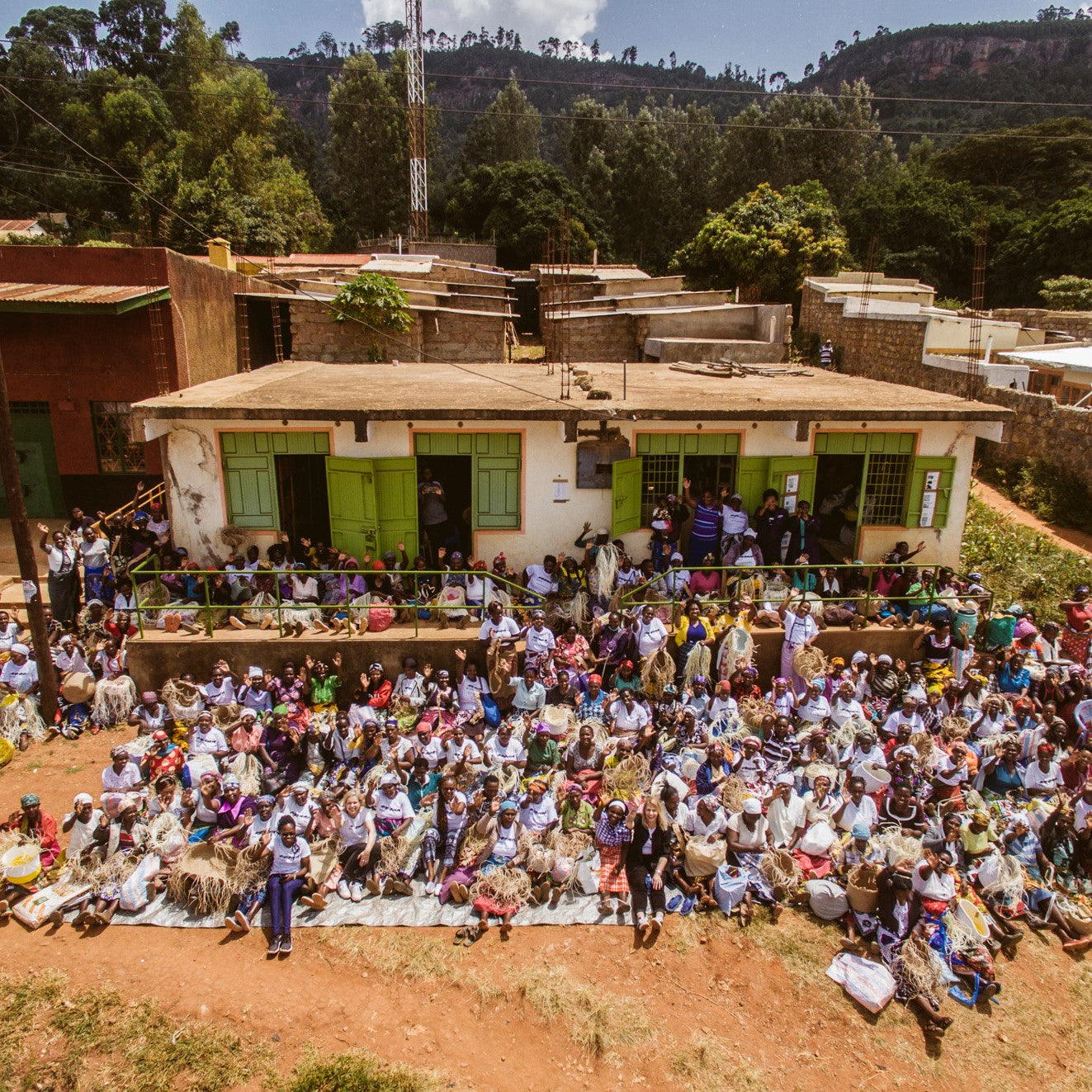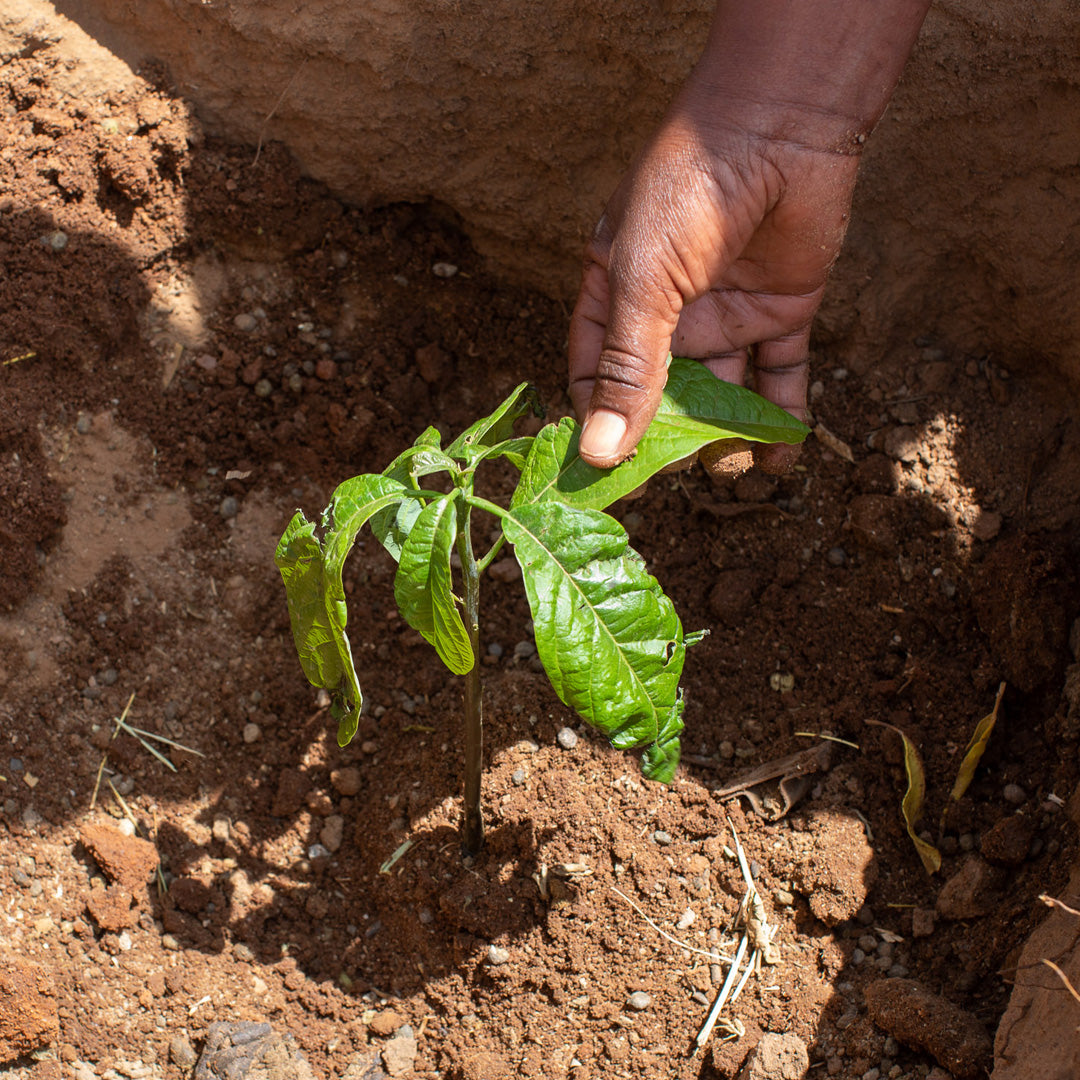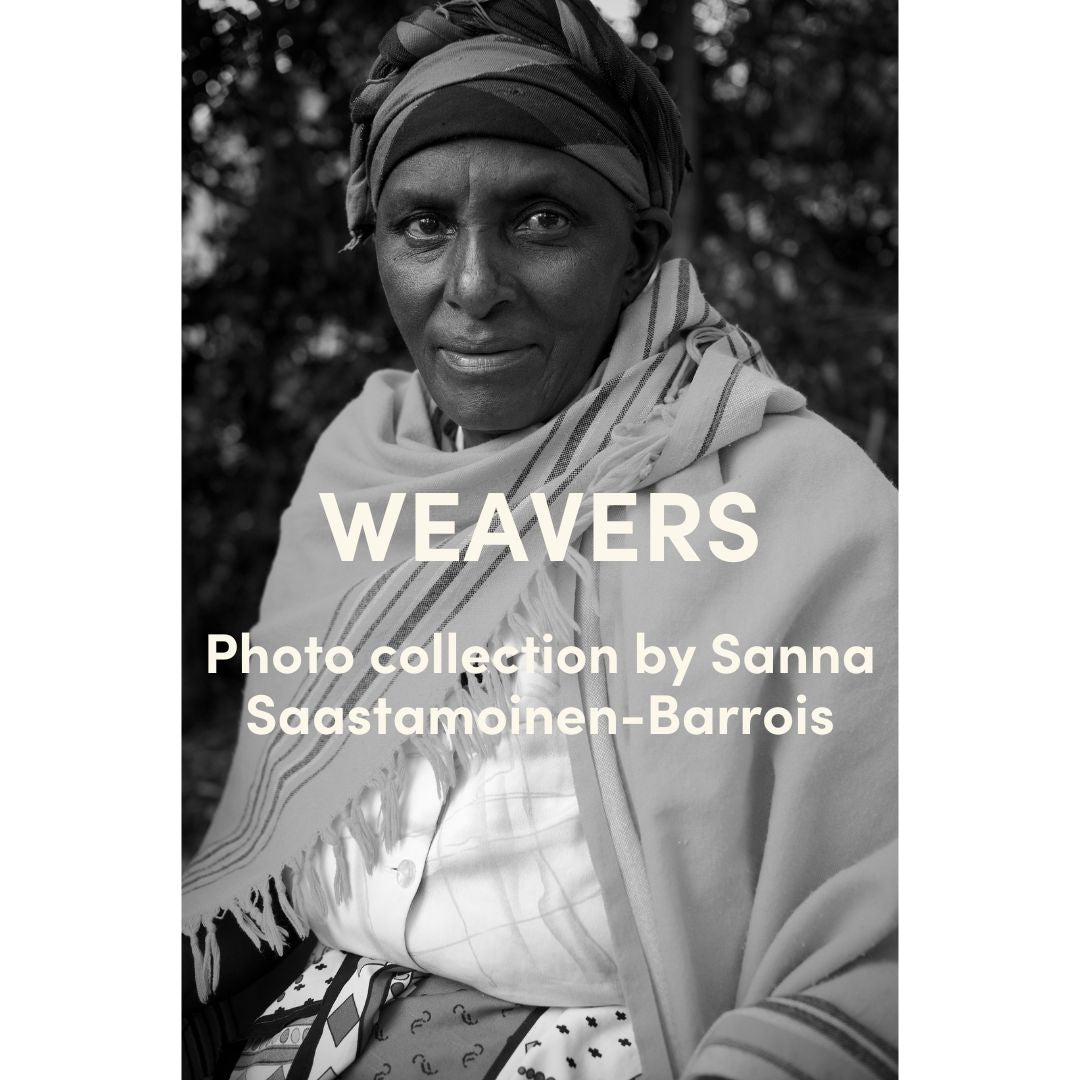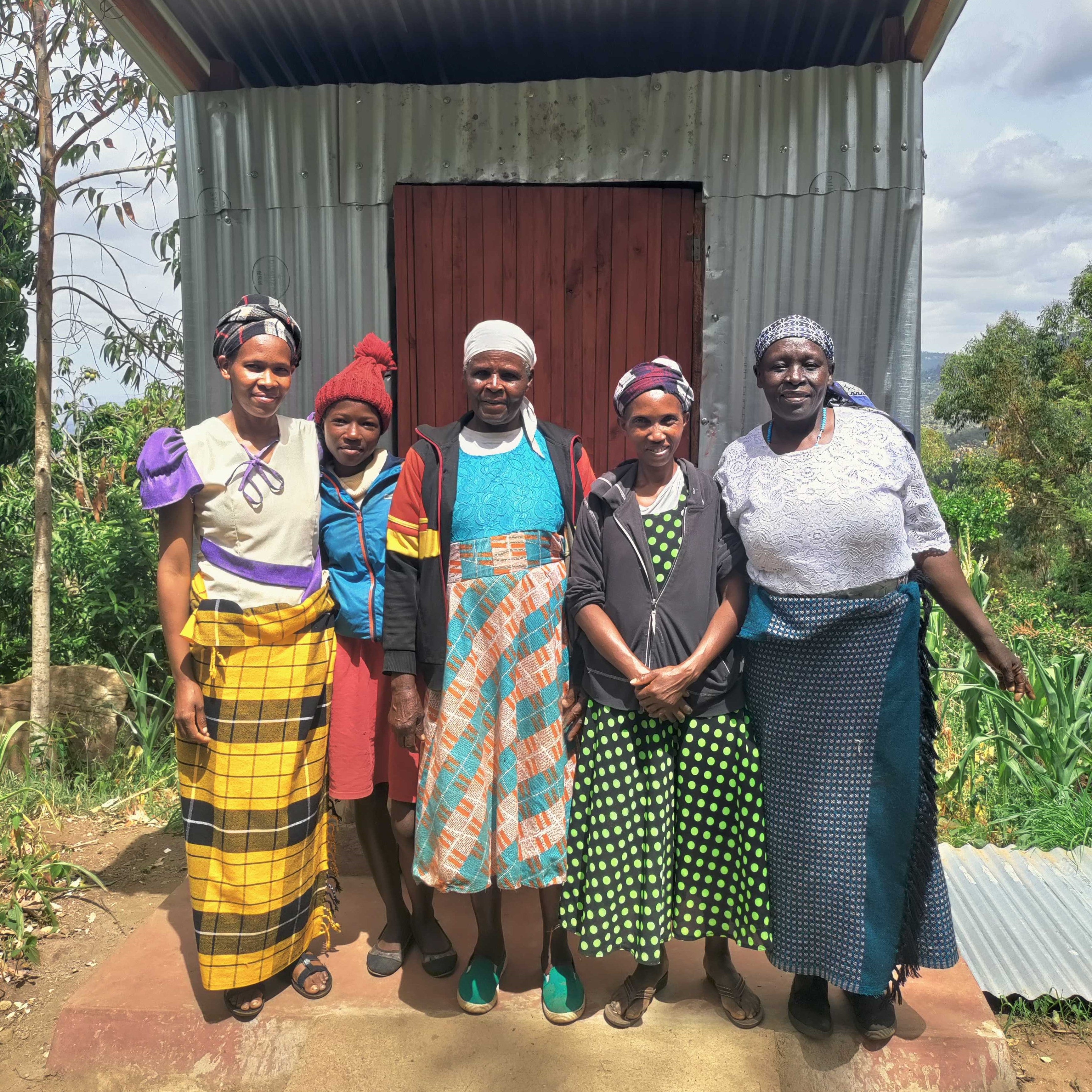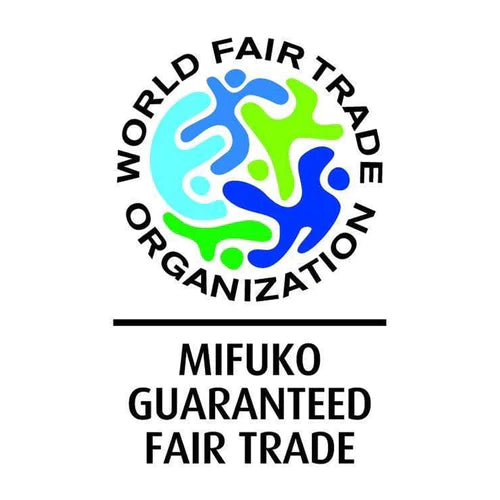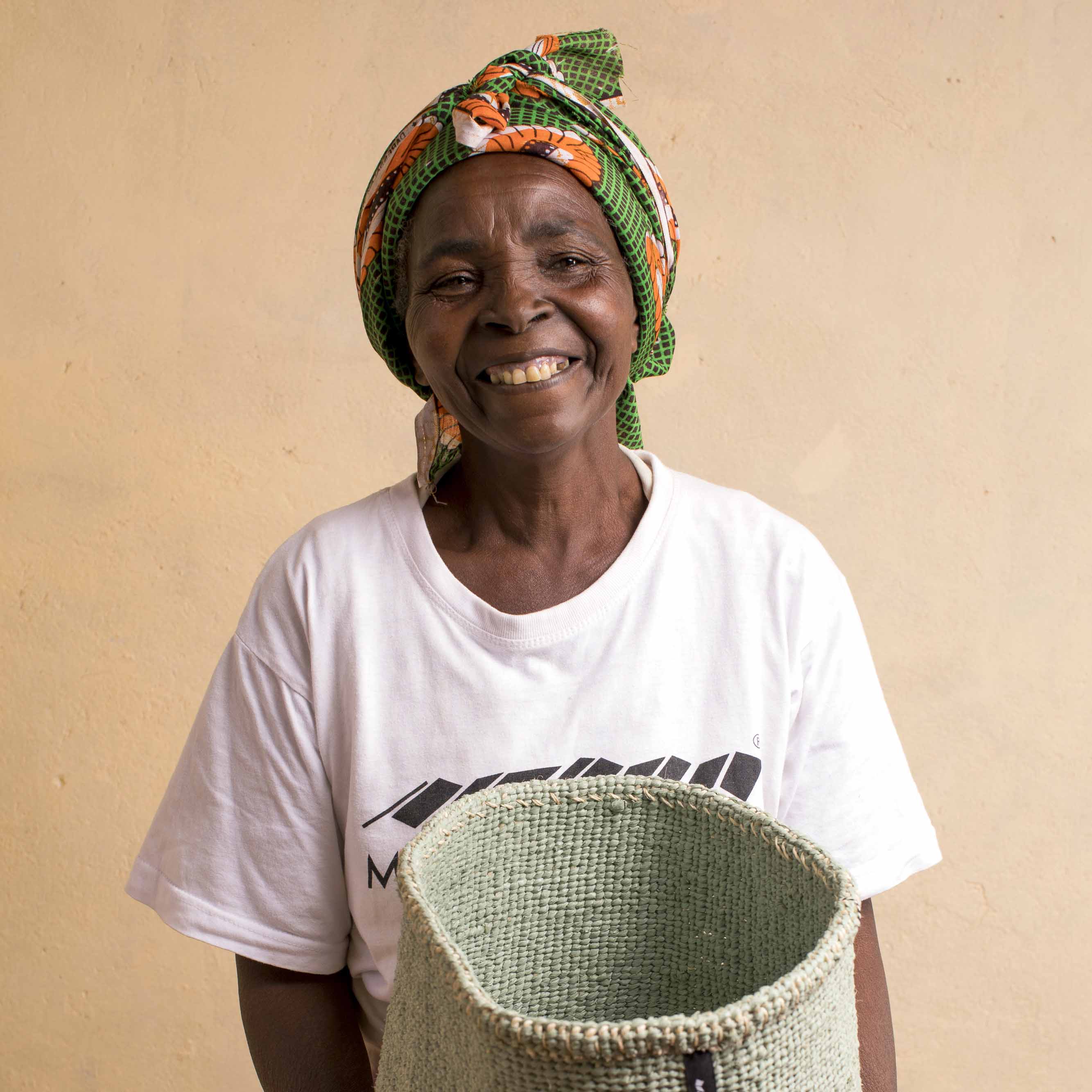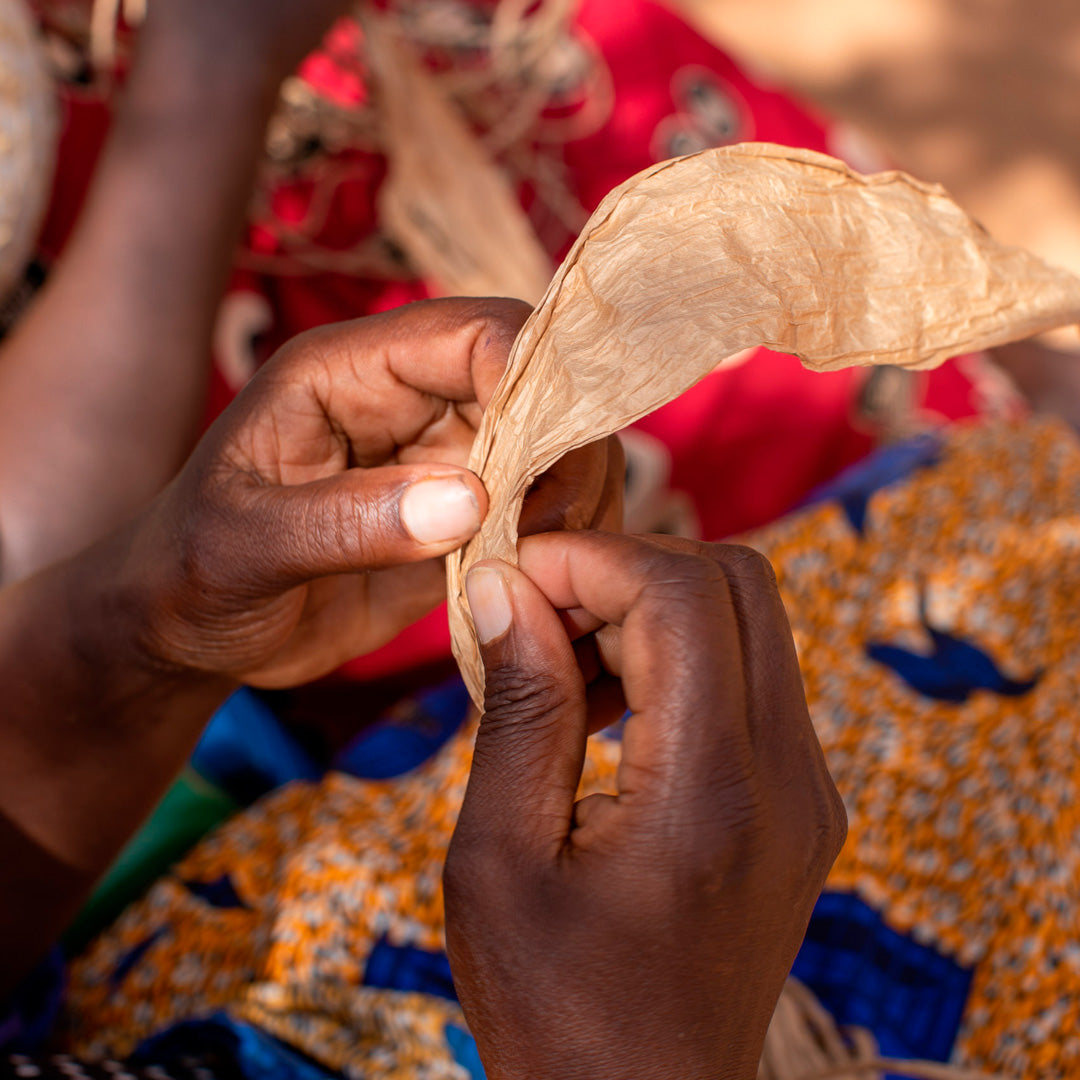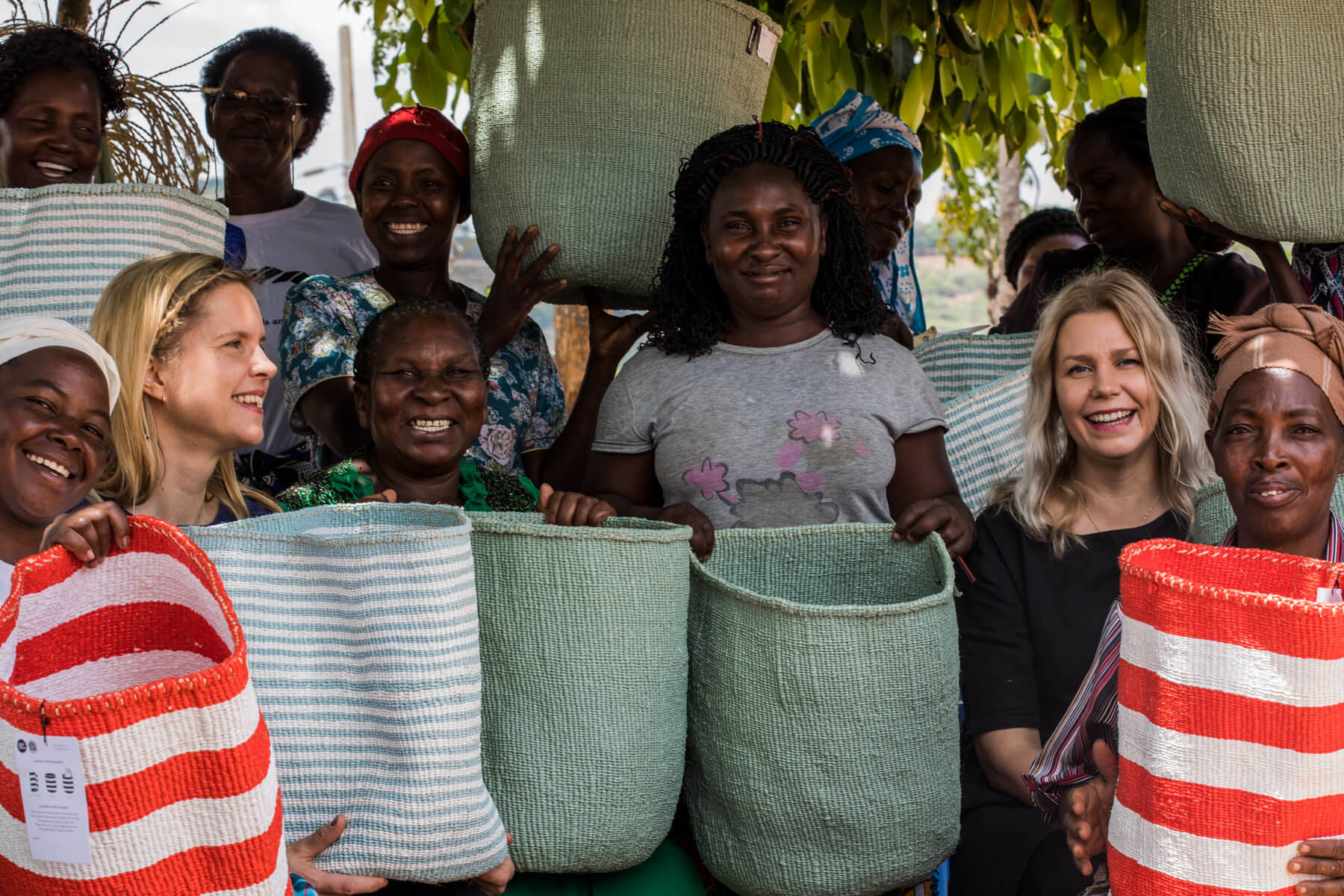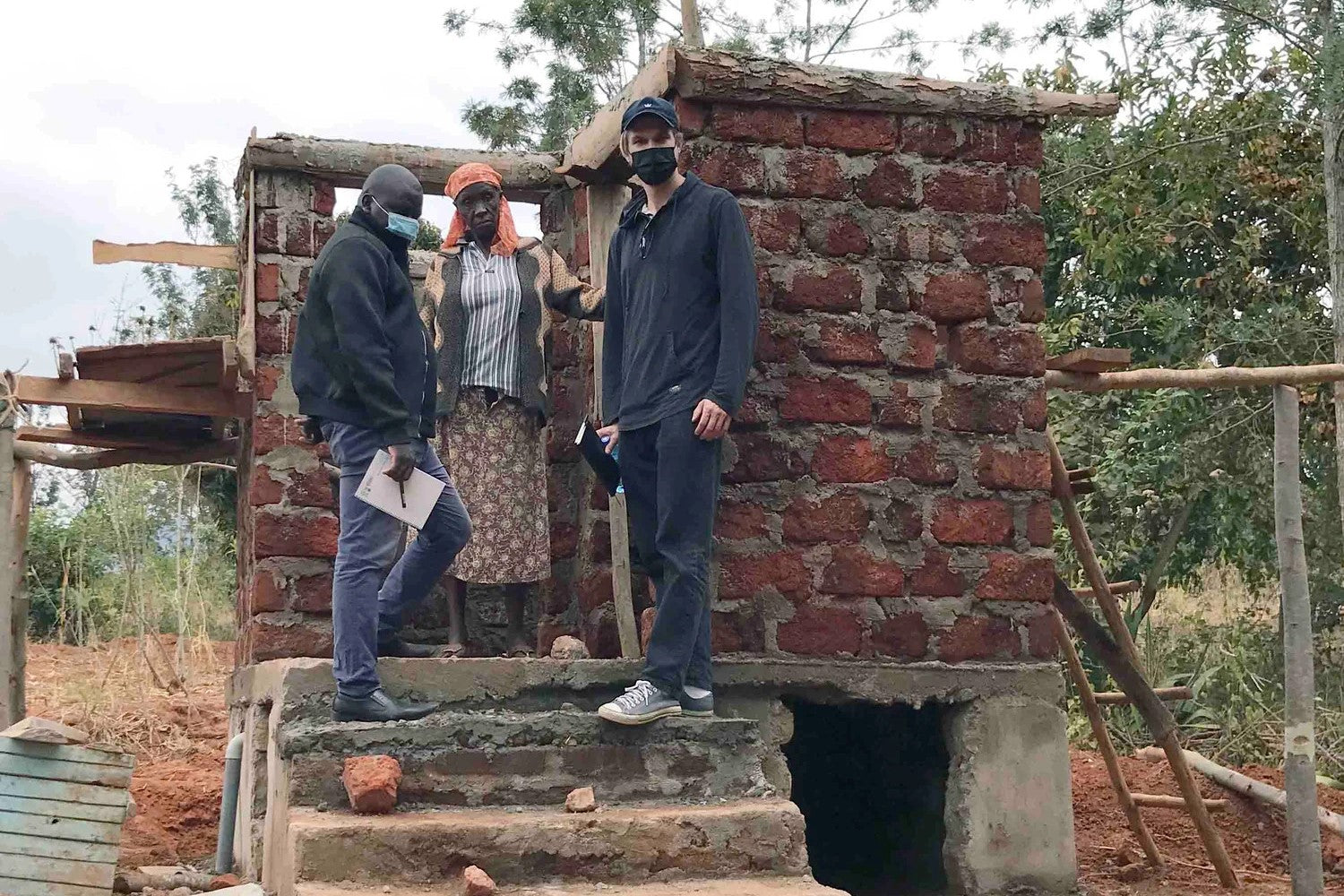Author Anita Lintula
Climate change challenges the food security of small-holder farmers in Makueni
I visited Makueni in Kenya for the first time in late September 2021 - exactly 20 years after my first visit to Tanzania in East Africa. Twenty years ago, climate change didn’t have an impact on a small-holder farmer’s everyday life there. Now the change is visible in the neighboring country Kenya where farming is water dependent. This year the rains didn’t start when expected so the land is dry. After returning to Finland, I continued to wait for the rains to Makueni, receiving updates at weekly meetings with Mifuko Trust’s Wash and Grow! project coordinator. The rains finally arrived over a month later than usual so many farmers had to plant twice because the first seedlings had dried up in the fields.
There are two rainy seasons in Makueni and Machakos. The so-called short rains last from October to December and the long rains from March to May. Farming takes place during the rainy seasons so women weaving baskets for Mifuko concentrate mainly on farming, weaving less. The most commonly cultivated crops are maize and different beans like black-eyed peas, pigeon peas or mung beans). Also, durra, millet, cassava, sweet potato and other vegetables are cultivated. Most people also practice small-scale husbandry and own chickens, goats or cows. The sowing and planting takes place at the start of the rainy season. Due to changes in climatic conditions and unpredictable rain patterns the farmers plant earlier expecting that there is enough rainfall over the longer period to improve the yield.


Artisan, farmer and sanitation ambassador Josephine
I discussed with Josephine Kile about the changes in agriculture. Josephine is a 68 year-old farmer, artisan and chairperson of one of women’s self-help groups in Makueni, Kenya. She is also a sanitation ambassador of Wash and Grow! project and beneficiary as an ecological dry toilet is under construction in her backyard next to the field.
One of the goals of the Wash and Grow! project is to strengthen the adaptation of communities to climate change. The ecological dry toilets produce cheap and ecological fertilizer so the farmers are less dependent on imported fertilizers vulnerable to price fluctuations. You can read more on the ecological fertilizer in the blog Compost and Cultivation.
Josephine says: “We have less rain and rain patterns are unreliable. They might be earlier than expected so the crops dry out. Sometimes there are very heavy rains.” In a typical year Josephine is self-sufficient with food for 11 months but in years with small rainfall it is only 3 months. The heavy rains often cause floods as the dry soil is not able to absorb heavy rainfall. Income generating activities like weaving Mifuko baskets are essential to the food security of families in years when crops are scarce.
Irrigation and diversification of crops are essential to adaptation
To combat this, farmers interact with the soil and earth and follow weather patterns to adapt their farming practices. Josephine says that she has diversified her crops and tried crops like millet and cassava that are less water-dependent than maize.
Mifuko Trust’s partner Mifuko Women Development CBO identified water and irrigation issues and training in farming methods that support the adaptation to climate change as crucial needs of women and communities. You can support food security in the area through Mifuko Trust by buying an ethical gift such as a rainwater collection tank or an ecological dry toilet.


